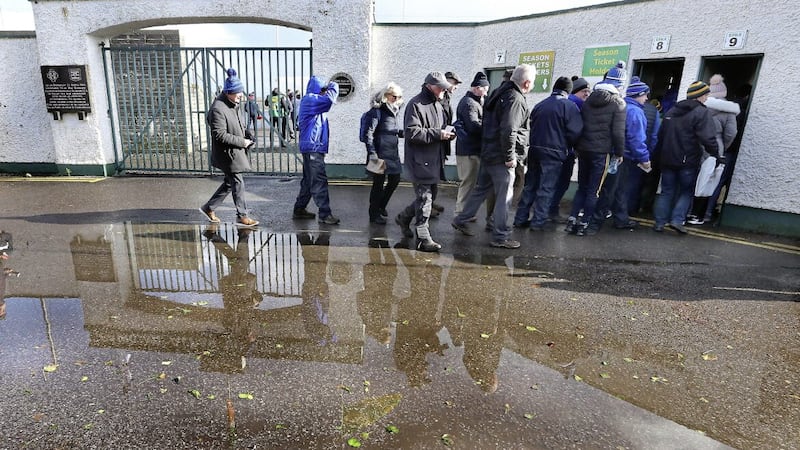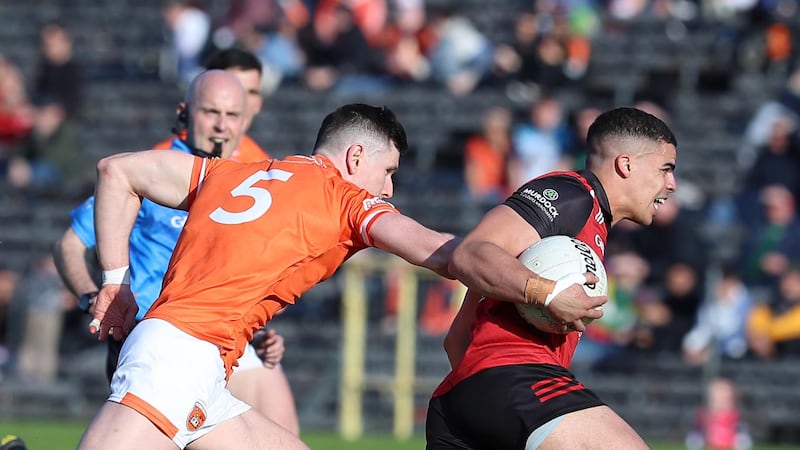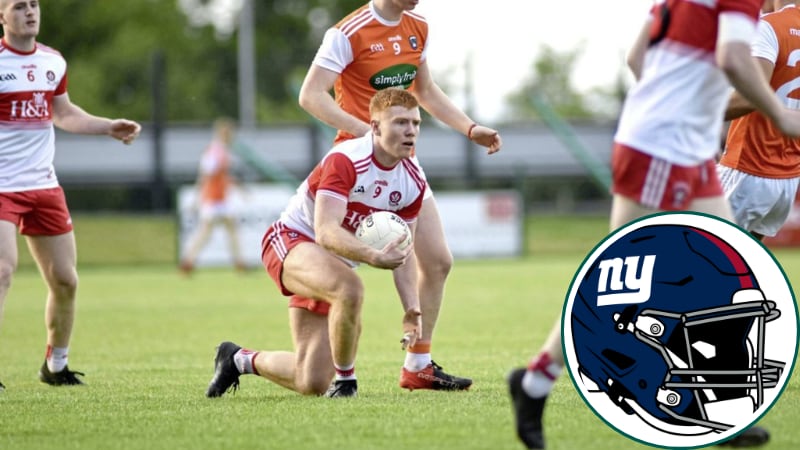IN the north, the current average monthly pay packet is £1,967.
Parts come in a bit under and parts come in a bit over. The disparities won’t come as a surprise to you.
Derry city and Strabane, Fermanagh/Omagh and Newry, Mourne and Down are at the bottom of the scale.
The predominantly unionist strongholds of Lisburn and Castlereagh (avg £2,174) and Antrim/Newtownabbey (£2,074) skew the figures.
Take tax, National Insurance, mortgage, heating oil, electricity, car payment, fuel – by the time you’re done with all that, you start to understand why disposable income for homes in the north dropped to £95 a week last autumn.
It’s a lucky home that has as much as that.
There are areas of the north that are among the very poorest in the whole of the UK.
Where the average annual wage in the Republic is £39,000, it is just £30,000 here. That is well shy of even the UK’s average.
Brexit has driven living costs up, closing the gap in the cost of living.
The UK as a whole has become a depraved and despicable part of the western world.
Their government has spent 13 years taking feathers off a frog and handing them to those that have so much they don’t know what to do with it.
A fifth of houses across the UK now have an average weekly shortfall of £60. They have to choose between paying for energy, rent, food and fuel.
Unfortunately, we sit beneath their umbrella in the north.
A government that we don’t choose has ultimate control and the DUP, charged with helping run this place, are sulking in the corner.
The £600 energy payment that pensioners in England started to receive in November is only starting to arrive here because the DUP can’t have the right sausages.
Have you been in a hospital lately?
It’s only when you’ve been through the doors at the minute you could even begin to understand how bad it is. It is like a warzone.
On one evening, there were two nurses to cover the whole of A&E in Altnagelvin. There must have been 100 people waiting to be seen. They had four cubicles in which to triage patients and 25 beds that were all taken up. The ambulances queued at the door.
The nurses felt guilty for taking a break to eat. They were exhausted and at the point of breaking. You find yourself consoling the people that are there to look after you. What else can you do?
This is real life right now. It’s not particularly pretty.
Ordinary people are struggling and it is a struggle that will continue for a long time to come.
So look. What’s the GAA sticking an extra €3 on to the cost of a league game to you? Maybe nothing. It’s grand when you can pay it and not notice the difference.
But it was so unnecessary of the GAA to do it. Right now, like?
In 2019, the last normal season for which figures are available, the GAA made €5.4m in gate receipts from the football and hurling leagues. They cost €1.9m to run.
The rest of the money, in accounting terms, was put down as going towards the GAA’s injury fund (€540,000) and paying for team expenses (€2.9m). It was a complete break-even deal in the books.
That same year, owing partly to the replayed football final, gate receipts from the football championship rose to €18.2m from €12.7m the previous year.
It’s just four years since fans were being charged €12 in to watch league games. This year, it will be €18. A 50 per cent increase since 2019.
Financially it has been a couple of tough years for the GAA too. And they do put a huge chunk of their income back out each year.
They have their own costs but, frankly, I don’t really want to hear the excuse about rising costs causing this price increase. That’s inevitably what it will be when it comes at the release of their annual report next month.
It has been far tougher on households and families.
The cost of attending a game is far greater than just the cost of the ticket. Fuel and food prices have become so prohibitive. A day out for two people at a league game could easily sting you for £100.
Championship, more still. Throw in the kids (albeit it’s admirable that U16s still go free in the league) and it starts to become a very expensive hobby.
With the condensed season now, you’re looking at between two and four games on one paycheque.
It’s simply not affordable for so many people.
Football hasn’t been this competitive in a long time. New management in Mayo, Galway’s rise, Tyrone’s struggles since winning Sam, Kerry’s ascension to the throne, Dublin in Division Two with Derry – there’s a good chance that despite all the negativity around the game, crowds will increase this spring.
Problem with all this is that the provincial councils will still need their pound of flesh. So even though the spring’s revamped provincial championships are greatly reduced in lustre, will that be reflected in ticket price reductions? Bet your bottom dollar it won’t.
The summer will see an expanded programme packed with group stage matches that mean nothing. You can’t price championship games cheaper than league games, surely, so is €18 your starting point?
It just feels like a never-ending spiral of rising costs to attend Gaelic football matches.
“Market value, market forces, can’t undersell ourselves”, yada yada. Look over there at the price of going to rugby!
We’re not rugby and we’re not the Premier League.
What we are is very lost down a very dark alley.
The GAA, make no mistake about this, has transitioned into seeing the public first and foremost as paying consumers.
‘How far can we push this boat out and get away with it? €15… sure it went grand. Will we try 16? 17? Nah, let’s go €18. They’ll complain but they’ll still pay it.’
And they will pay it. They’ll find ways to pay it. Look at the McKenna Cup. 4,500 at Armagh-Antrim, 4,000 at Down-Derry, 3,500 at Derry-Tyrone. At least the same again at the final. Mad stuff for January. People are obsessed with it and would move heaven and earth to be there.
I was amazed landing to Owenbeg last Wednesday night and no sign of a ticket van or any form of entry barring scanning the phone.
The GAA wants to go cashless but hasn’t got the right infrastructure in place to do it. It’s the fans who end up paying for that.
Look around you at the first league game and see the proportion of the crowd made up by people aged 50-plus. They’re the cash users and a huge part of the GAA’s core audience.
Yet they’re being made to feel like a nuisance. Either learn to work Ticketmaster or stay at home is the message.
Younger people don’t care about having to buy online and scan their phone. It’s handier, even. But the goose and the gander aren’t the same.
Surely we can open a cash turnstile or two and have a terminal where people can tap a bank card to pay at the gate.
It’s genuinely stressful for older people, maybe there on their own for an evening out of the house. They’ve forgotten to download it before leaving home, there’s no 4G, they can’t get it open. Genuine problems to which no alternative is being offered.
The season ticket is a bit of a sham got. At €150, it would cover seven league games at €18 and the first championship game up to €24. Will that game even cost €24? If not, are there refunds?
There’s no actual discount, just fluffy add-ons.
You can attend the club finals and National League finals as part of it but unless your county is involved, there wouldn’t be many taking up those options.
Mostly, though, there was simply no need for the GAA to raise its ticket prices for the leagues, no matter how they may try to justify it in the coming weeks.
It’s a fine line between harnessing enthusiasm and exploiting it.








